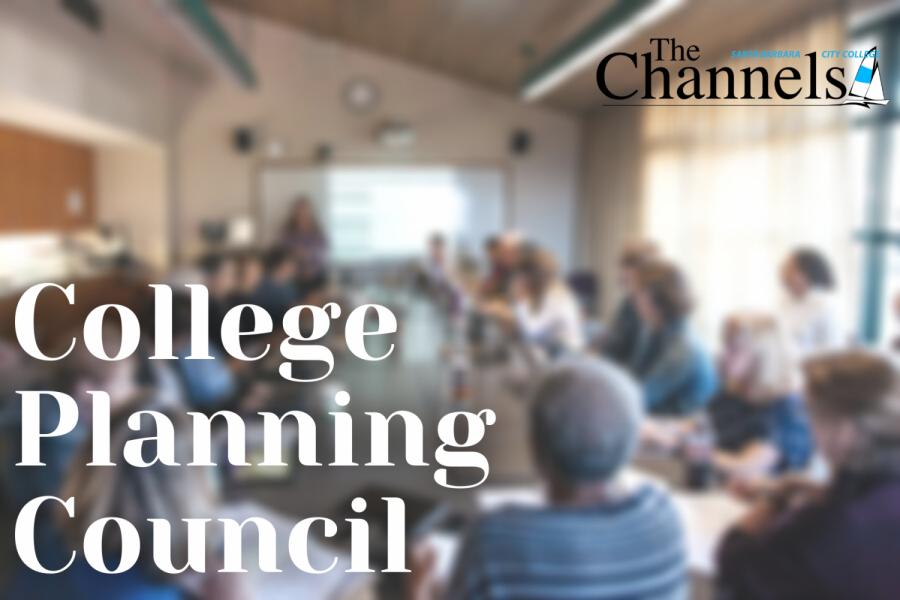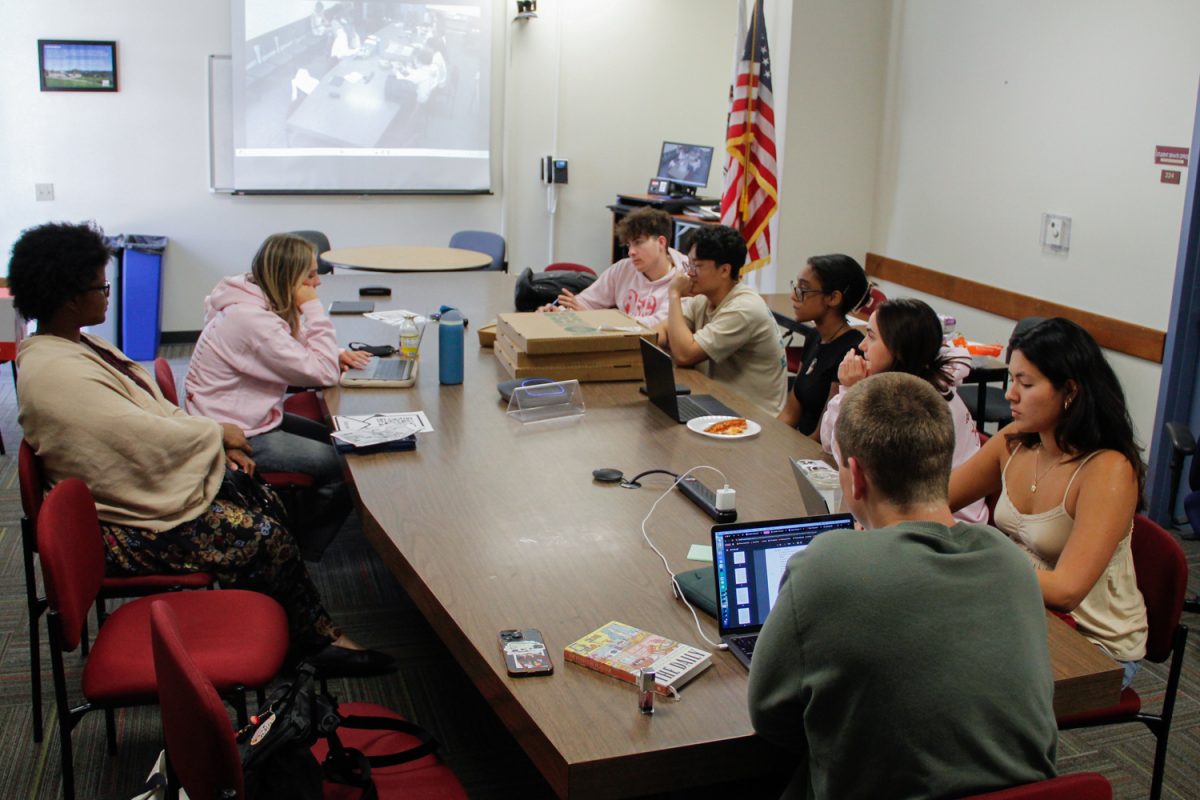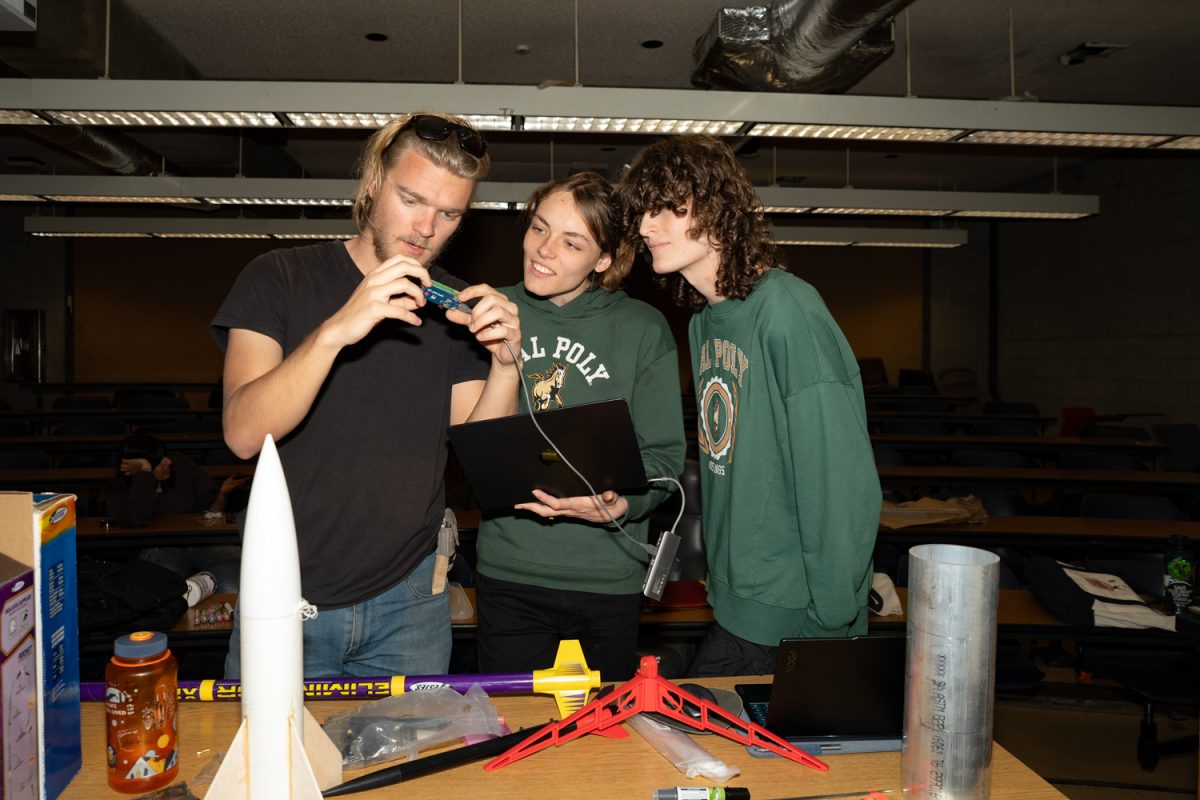The program review system is under revision, according to an update provided Tuesday by members of the Program Evaluation Committee at the College Planning Council meeting.
“Our current program review is not well integrated into the campus initiatives,” said council member Raeanne Napoleon, who gave the update along with Dean of Educational Programs Carola Smith.
Before this year, program evaluation was a large project that departments undertook every three years to examine data related to student achievement and equity. The goal of program review was to determine effectiveness of the program and opportunities for departments to request more resources.
“Program review is like a mini-accreditation for your program or department,” Napoleon said. “It’s this chance to kind of pause and reflect on what you’re doing and how you’re doing it.”
The process had been on hiatus this year so the committee could work on improving the review system to better integrate with other campus initiatives like the chancellor’s office Vision for Success, Guided Pathways, and the college’s Strategic Directions and Equity Plan.
The new plan for program review presented at the meeting breaks the project into smaller, more manageable tasks for departments to complete over a four-year period.
The committee also gains the ability to provide additional support to departments to meet equity-minded goals through the new plan.
“We’re hoping that the role of PEC will change as well from this more punitive approach,” Smith said.
Roxane Byrne, interim coordinator of equity, diversity and cultural competency, also presented the council with a working definition of “equity” at the meeting.
“Our goal is to help the institution develop a common language that we can utilize as we advance our equity work together,” Byrne said.
Her definition reads: “Equity refers to the processes and results of achieving parity in student educational outcomes, specifically in regard to race and ethnicity, and their impact on the many intersections of identity. Equity requires intentionally recognizing and addressing the history and culture of white supremacy and racism in the United States and its institutions of higher education. Equity is achieved by transforming existing norms through strategic, data-informed, and often unequal distribution of resources to students who have been impacted by systemic marginalization and institutionalized racism.”
Byrne and the Student Equity Committee researched definitions from other campuses and organizations to craft one that would best suit the college in this context.
“We felt very strongly, with race being one of the leading predictors of outcomes for students, that we wanted to center race,” Byrne said.
She presented a feedback form to gather input from the campus community on how this definition could be improved. The goal is to eventually have this definition adopted institution-wide.
Later, the Academic Calendar Task Force presented options for updating the academic calendar, addressing several issues regarding summer sessions, and the short period of time between Fall and Spring semesters.
The option that received the most support would change the two six-week summer terms into one 10-week term, with varying lengths of courses.
Council member Jens-Uwe Kuhn said that the plan has several advantages for students and faculty, including making it easier for students to qualify for financial aid.
“This is an opportunity to do more with a restricted summer schedule than we’ve ever had before,” said Executive Vice President Pamela Ralston.








